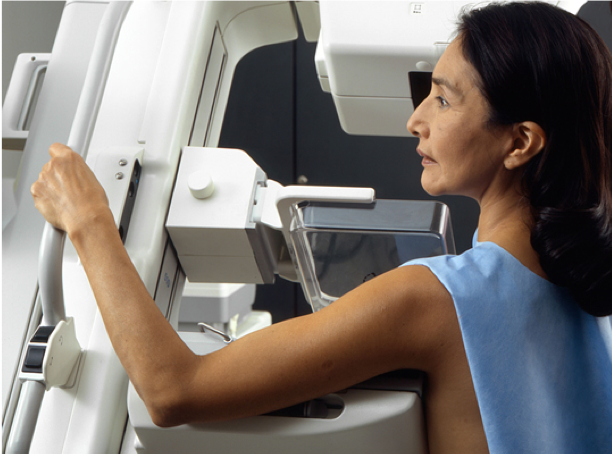elearning for healthcare sessions in Foundation: Professional Capability: 19 Makes patient safety a priority in clinical practice
Foundation specific elearning is developed by the Academy of Medical Royal Colleges, in partnership with Health Education England elearning for healthcare (HEE elfh) and is approved by UKFPO.
The drive for quality in the NHS has patient safety at its heart. The elearning sessions in ‘Professional Capability: 19 Makes patient safety a priority in clinical practice’ concentrate on safe practice and what to do when things go wrong.
It begins with an interactive case study where learners diagnose and treat a patient, then evaluate the management plan. Moving on, learners examine safe personal working practices when treating patients. The session also looks at the management of febrile illnesses, infection control and disease notification. The focus then shifts to the importance of maintaining the learners’ own health, both physical and mental.
Finally, the sessions look at the building blocks that support quality and safety in the NHS, including how to raise concerns about patient safety, team working, clinical governance, patient outcome and experience.
- Senior Advice: When to Stop for Help
|
- Infection Control: Diarrhoea in an Inpatient
|
- An Underperforming Colleague – What To Do
|
|
- Safe Practice the Doctors Perspective
|
- Infection Control: Air and Blood Borne Pathogens
|
|
- Outcomes and Patient Experience
|
- Human factors and analysis of adverse events
|
- Infection Control: Modes of Transmission
|
- Introduction to Patient Safety
|
|
- Medical Error: When Things Go Wrong
|
|
- Quality and Safety in the NHS
|
- Errors and Experiences in Healthcare
|
- Hospital Acquired Fever: What to do
|
|
- Raising Concerns About Patient Safety
|
- Minimising Risk in Healthcare Organisations
|
- Hospital Acquired Fever: What to do Next
|
- Health (Blood Borne Infection) and Handling Stress
|
- Team Working and Patient Safety
|
|
Do you need to complete parts of the curriculum on your e-portfolio which you do not cover in day-to-day practice? If so why not try some of our free elearning mapped directly to the Foundation Professional Capabilities (Training Outcomes) in the 2016 Foundation Curriculum.
You can sign in to the elearning with your login supplied by elfh at the beginning of your foundation training: https://www.e-lfh.org.uk/programmes/foundation-programme/.


